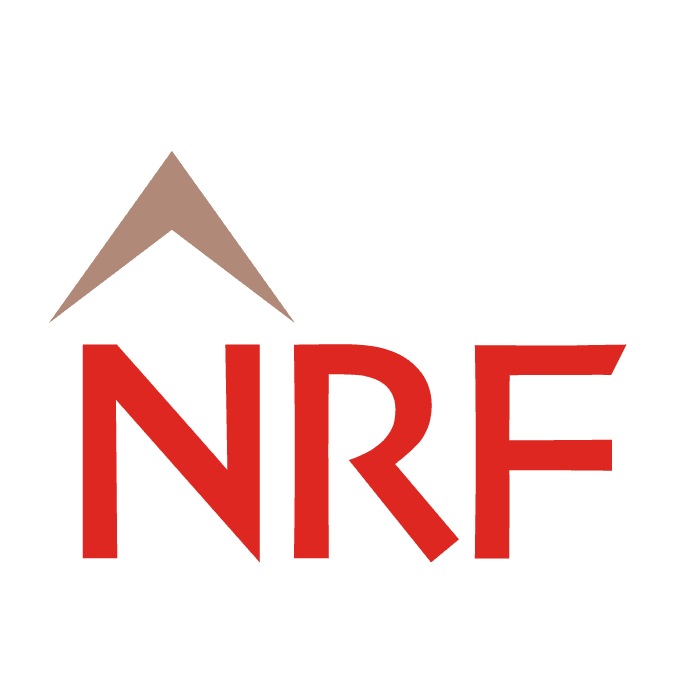Contract Database Management
What is Contract Database Management?
Top Products in Contract Database Management
What is contract database management software?
Contract database management software is used to create organized repositories of contract documents that facilitate easy, shared access to relevant documents based on indexed terms and search functionalities, and may include additional functionalities such as document assembly, approval and signature processing, obligation monitoring and notifications, and integration with CRMs.
Corporations, legal departments, law firms and other organizations use contract database management software to store, organize, and manage contracts and data related to contracts. It can be used to track the status of contracts, store contract documents, and manage the workflow of contract approvals. This software can also include features such as version control, electronic signature, and reporting capabilities. The software is used by organizations to automate contract management processes and improve the efficiency of their contract management operations.
What types of legal organizations use contract database management software?
Contract database management software is used by a range of legal organizations:
Law firms. Law firms can use contract database management software to organize, store, and manage their clients' contracts. The software can help them keep track of contract deadlines, automate contract approval processes, and maintain accurate records of contract terms.
Corporate legal departments. In-house legal teams at many large companies use contract database management software to manage the company's contracts. The software can help them keep track of contracts with suppliers, customers, and other partners, and can help ensure that the company remains in compliance with contract terms.
Government agencies. Government agencies use contract database management software to manage contracts with vendors and contractors. This software can help them track contract progress, manage invoices, and maintain accurate records of contract terms.
Non-profit organizations. Similar to for-profit corporations, non-profit organizations also use contract database management software to manage contracts with donors, vendors and other partners.
Educational institutions. Educational institutions use contract database management software to manage contracts with vendors, suppliers, and other partners.
While these are the principle types of organizations that use contract database management software, the software can be beneficial for any organization that needs to manage contracts, regardless of its size or industry.
What are the most important features a law firm or legal department should look for in contract database management software?
When considering the purchase of a contract database management software product, some of the most important features to look for are:
Contract storage and organization. The product should provide a centralized, easily accessible location for storing and organizing contracts. This should include the ability to search for contracts, view contract details and documents, and track the status of contracts.
Workflow management. Many contract database management products include tools for automating contract approval processes and managing the workflow of contract approvals. These can include features such as electronic signatures, approvals, and notifications.
Reporting and analytics. The software should provide reporting and analytics tools that allow users to track key performance indicators (KPIs) and generate reports on contract data.
Version control. Depending on what other software you use, you may want a product that provides version control, so users can track changes to contract documents and easily view previous versions.
Security. The software should provide security features such as encryption, user-access controls and audit trails to ensure that contract data is protected from unauthorized access.
Integrations. Depending on the needs of your legal department or law firm, you should consider whether the product has the capability to integrate with your other systems, such as CRM, ERP, e-signature, and workflow management.
User-friendly interface. The product should have an easy-to-use interface that allows users to quickly and easily access the contract information they need.
Mobile access. Ideally, the software should be accessible from mobile devices so that users can access contract information from anywhere.
These are some of the most important features of contract database management software, but the specific features you need will depend on your unique requirements.
How does contract database management software differ from contract lifecycle management software?
Contract database management software and contract lifecycle management software are similar in many ways, but they have some key differences.
Contract database management software primarily focuses on the storage, organization, and management of contract data. It allows users to store and organize contracts in a centralized location, track the status of contracts, and automate contract approval processes.
By contrast, contract lifecycle management (CLM) software is a broader tool that encompasses the entire contract lifecycle, from the initial negotiation and drafting of a contract through its execution and eventual renewal or termination. While it may include contract database management, it also includes features such as workflow management, analytics, and additional functionality to support the entire contract lifecycle.
The additional functionality of a CLM system over contract database management software may extend to:
- Negotiations, providing tools for negotiating contract terms and managing communication with the other party.
- Compliance, providing tools for ensuring that contracts are in compliance with relevant laws, regulations, and company policies.
- Performance management, providing tools for tracking the performance of contracts and measuring the ROI of different contracts.
- Renewal and termination, providing tools for managing the renewal or termination of contracts.
- Risk management, providing tools for identifying and mitigating risks associated with contracts.
The bottom line is that contract database management software focuses on storing and managing contract data, while CLM software provides a more comprehensive solution that covers all aspects of the contract lifecycle.
What's the best contract database management software?
There are many contract database management software options available on the market. The best one for your organization will depend on your specific needs and requirements.
Before purchasing contract database management software, you should research and compare different options based on your specific business needs, practice needs, and budget. It's also important to evaluate the software's security, scalability, ease of use, and customer support before making a final decision.




